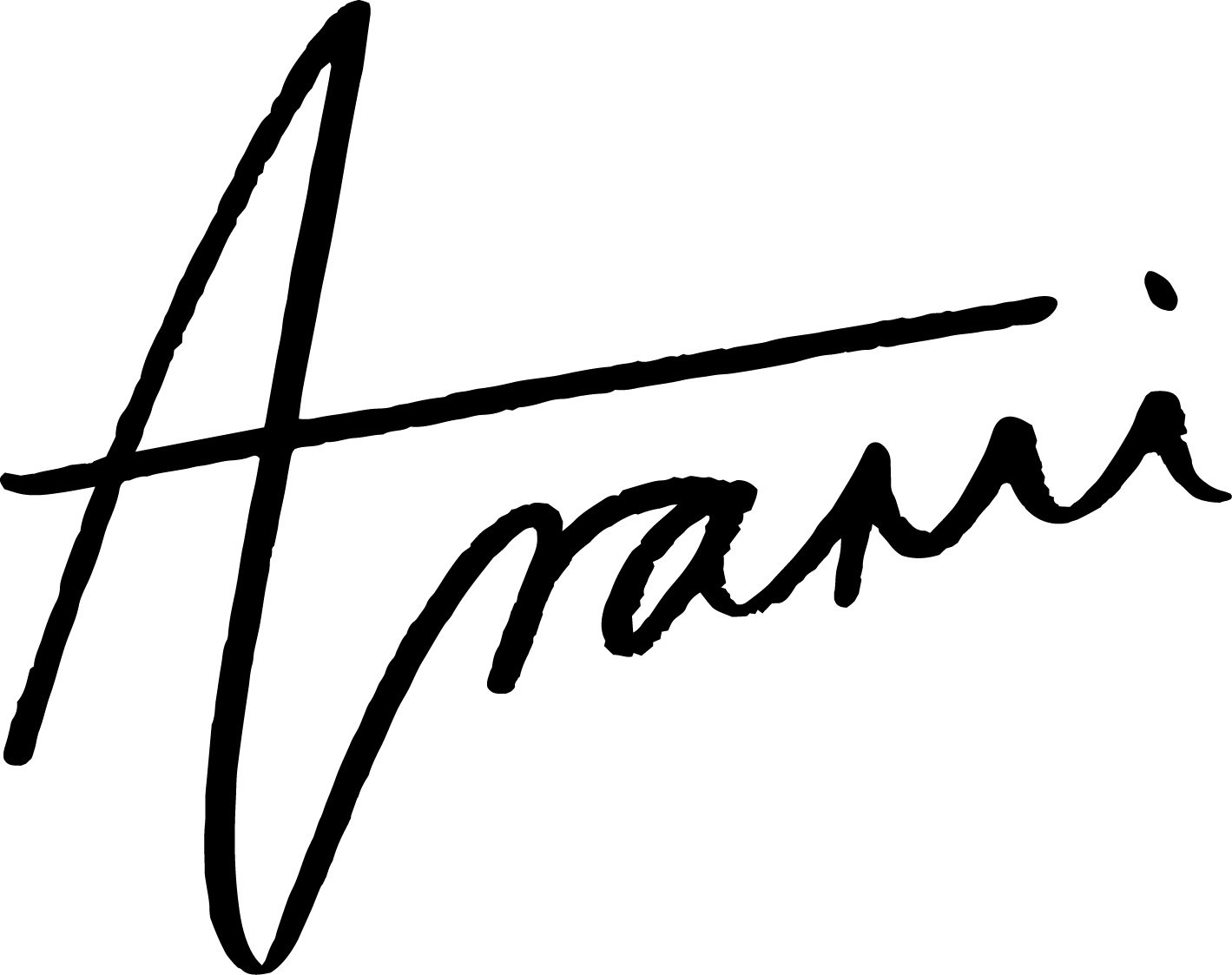What to Know about African Black Soap
African black soap is an ancient beauty secret from West Africa, passed down for generations. Black soap is cherished for its benefits to the skin and hair and is used by many beauty enthusiasts across the world. Want to know why African black soap is such a treasure? Let’s start with its history.
History
African black soap originated from Yoruba communities in West Africa which are spread around Benin, Togo and Nigeria. The Yoruba call it “ose dudu” which literally translates to black soap. It is also known as “anago samina”. Anago is the name of a Yoruba sub-group from Benin and Samina translates to soap in the Twi dialect of the Akan tribe in Ghana. Ghanaians also call it “alata samina” which means pepper traders soap. It is said that Yoruba women who sold tomatoes and pepper were the first to introduce the soap to Ghanaians hence the name.
Production
The process of making black soap begins with drying plantain peels, cocoa pods and palm leaves then roasting these dried plants to produce ash and mixing the ash with water. The resulting liquid is strained and fats like palm oil, shea butter and coconut oil are heated and stirred into the mixture by hand, for up to 24 hours. Once the mixture hardens, it is taken out from the mixing bowl and left to cure.
Benefits
Apart from being a gentle exfoliant due to its slightly rough texture, here are some other benefits of African black soap to your skin and hair:
- Fights acne: The plantain ash in black soap has antibacterial properties that prevents acne causing bacteria while gently exfoliating the skin to avoid clogged pores that could cause acne.
- Minimises dandruff: The anti-inflammatory properties of black soap make it an ideal scalp treatment because it kills the yeast that causes dandruff. The soap’s shea content relieves itchiness while optional added oils like coconut oil soothes and adds moisture to dry scalp.
- Protects the skin: The cocoa pods used to make ash for black soap contains riboflavin, vitamin C, thiamine, and folic acid, which are antioxidants that protect the skin from free radical damage that affects healthy skin.
- Improves hair growth: Vitamins A and E found in black soap promote faster hair growth by boosting blood and oxygen circulation through the roots while magnesium strengthens the hair and prevents breakage.

Our Onyx Polish whose star ingredient is African black soap, is fortified with other ingredients: lemon, rosewater and honey which provide additional benefits. Lemon has skin brightening properties that help even out your skin tone, rosewater soothes irritation while honey fades scars and speeds up the skin’s healing process. Our Onyx Light (Unscented) is formulated mindfully with loofah oil for its ultra soothing and restorative benefits making the soap more suitable for dry and sensitive skin types.

I enjoy reading your articles.